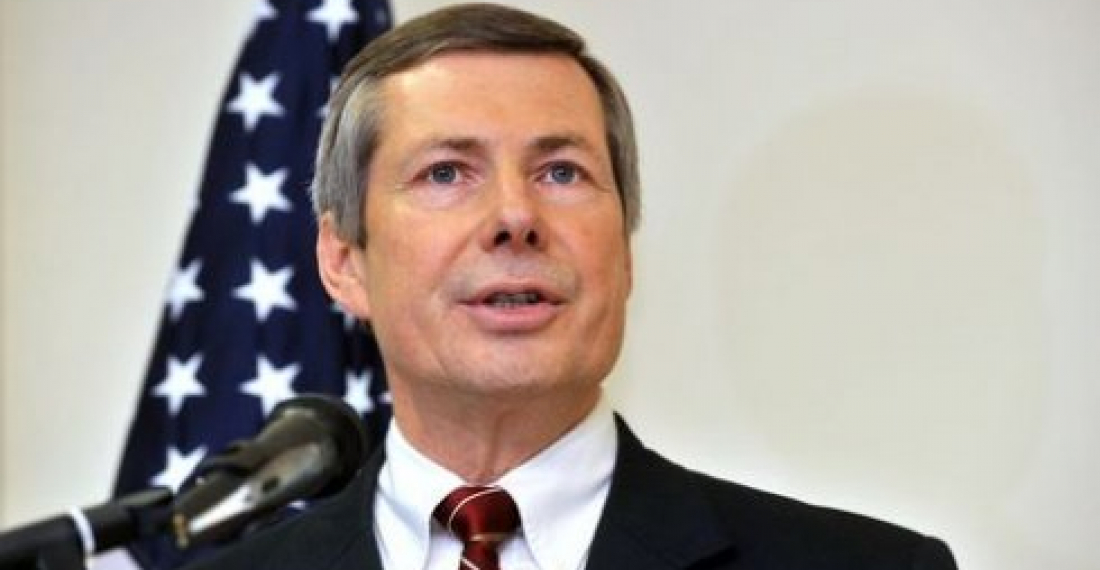James Warlick, who for the last three years has served as United States co-chair of the OSCE Minsk process on Karabakh is to step down at the end of the year.
In a tweet on his twitter account Warlick said, "I will step down as @OSCE Co-Chair on December 31. It has been an honor to serve in the @StateDept for more than 30 years". In a second tweet he said "I will be a Partner in Russia's largest and most prestigious law firm", and including a link to the Russian firm Egorov Puginsky Afanasiev & Partners.
A statement on the firm's website said, Ambassador James B. Warlick will join Egorov Puginsky Afanasiev & Partners’ team in Washington, D.C. in January 2017. He will be responsible for working with U.S. and international clients, development of strategic client relationships, legislation and public policy.
Commonspace.eu political editor said in a comment "James Warlick has been a somewhat different co-Chair of the Minsk process than others who preceeded him. His use of his twitter account to keep the public in Armenia and Azerbaijan (and elsewhere), informed of developments within the Minsk Process was unprecedented, and went some way to opening up the Karabakh peace process which has long been criticised for being overly secretive and disconnected from the wider societies affected by the conflict.
Warlick has also during his time as co-Chair participated in various informal meetings with think tanks and civil society groups, sharing his views on the peace process and also going some way in shedding light on the way it operates. Warlick was co-chair at the most difficult time for the process - a time when the very existance of the Minsk Group was under scrutiny, and a time which saw the most serious violent escalation of the conflict since the 1994 cease fire. It is not clear how fast he will be replaced given we are in the middle of a presidential transition, although the State department will ensure that a replacement, even if temporary will be in place by the time Warlick leaves. He will certainly be missed, at least by those in the region and beyond trying to understand developments around the Karabakh peace process".
source: commonspace.eu
photo: James Warlick (archive picture)







